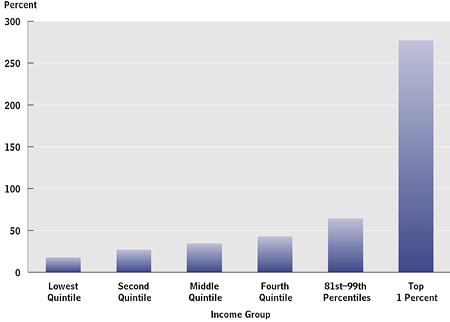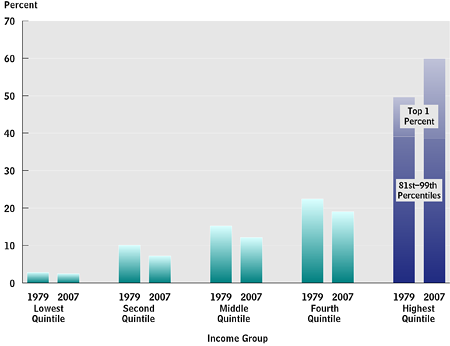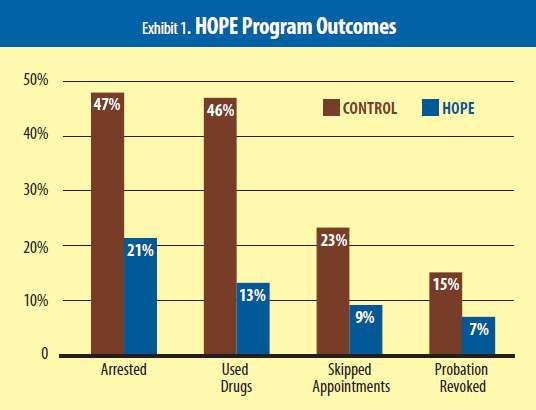Thirty four states allow the death penalty, and polls show a majority of the people approve of the death penalty, but is it really a good idea?
Recently, Mario Cuomo, former governor of New York, wrote,[1]
“I have studied the death penalty for more than half my lifetime. I have debated it hundreds of times. I have heard all the arguments, analyzed all the evidence I could find, measured public opinion when it was opposed to the practice, when it was indifferent, and when it was passionately in favor. Always I have concluded the death penalty is wrong because it lowers us all; it is a surrender to the worst that is in us; it uses a power – the official power to kill by execution – that has never elevated a society, never brought back a life, never inspired anything but hate.
“And it has killed many innocent people.”
“I believed as governor, and I still believe, that the practice and support for capital punishment is corrosive; that it is bad for a democratic citizenry and that it had to be objected to and so I did then, and I do now and will continue to for as long as it and I exist, because I believe we should be better than what we are in our weakest moments.”
He is not the only governor who has struggled with the death penalty.
January 31, 2000
CHICAGO — Governor George H. Ryan today declared a moratorium on executions of any more Illinois Death Row inmates until a Commission he will appoint to conduct a review of the administration of the death penalty in Illinois can make recommendations to him.
“If there was one moment when Illinois’ death penalty began to die, it was on Feb. 5, 1999, when a man named Anthony Porter walked out of jail a free man.
“Sitting in the governor’s mansion, George Ryan watched Porter’s release on television and wondered how a man could come within 50 hours of being executed, only to be set free by the efforts of a journalism professor, his students and a private investigator.
“ ‘And so I turned to my wife, and I said, how the hell does that happen? How does an innocent man sit on death row for 15 years and gets no relief,’ Ryan recalled last year. ‘And that piqued my interest, Anthony Porter.’ ”[2]
Since 1973, 139 people on death row have been exonerated in the United States.[3]
But moral concerns are not the only reason for questioning the death penalty. FOX News, hardly a bastion of liberal thinking has taken note that the death penalty is expensive.[4]
“An Urban Institute study of Maryland’s experience with the death penalty found that a single death-penalty trial cost $1.9 million more than a non-death-penalty trial. Since 1978, the cost to taxpayers for the five executions the state carried out was $37.2 million dollars — each.
“Since 1983, taxpayers in New Jersey have paid $253 million more for death penalty trials than they would have paid for trials not seeking execution — but the Garden State has yet to execute a single convict.
“A recent Duke University study of North Carolina’s death penalty costs found that the state could save $11 million a year by substituting life in prison for the death penalty.
“But no state matches the dilemma of California, where almost 700 inmates are sitting on death row and, according to Natasha Minsker, author of a new report by the Northern California chapter of the American Civil Liberties Union…Her study found that the cash-strapped state could immediately save $1 billion by eliminating the death penalty and imposing sentences of life without parole.”
The Death Penalty Information Center reached a similar conclusion. In 2009 they reported[5],
“The death penalty in the U.S. is an enormously expensive and wasteful program with no clear benefits. All of the studies on the cost of capital punishment conclude it is much more expensive than a system with life sentences as the maximum penalty. In a time of painful budget cutbacks, states are pouring money into a system that results in a declining number of death sentences and executions that are almost exclusively carried out in just one area of the country. As many states face further deficits, it is an appropriate time to consider whether maintaining the costly death penalty system is being smart on crime.
“The death penalty has been a bloated government program for many decades. The death penalty is not just expensive, it is wasteful. In most places the money is being spent even as the core measures of the system—death sentences and executions—have declined precipitously. It is as if a car manufacturer was keeping all of its factories and showrooms open even though it was producing only a handful of cars that hardly anyone was buying.”
Proponents of the death penalty frequently complain that costs are high because of the seemingly interminable appeals process. But the appeals process is only the tip of the iceberg. Once the death penalty goes on the table everything gets more expensive as the DPIC noted.
“The extra expenses begin mounting as soon as counsel are appointed in a potential death penalty case.”
We are not the only country in the world that executes prisoners. In 2010 there were executions in 23 countries.[6]
China (unknown 1000+)
Iran (252+)
North Korea (60+)
Yemen (53+)
United States of America (46)
Saudi Arabia (27+)
Libya (18+)
Syria (17+)
Bangladesh (9+)
Somalia (8+)
Sudan (6+)
the Palestinian Authority (5)
Egypt (4)
Equatorial Guinea (4)
Taiwan (4)
Belarus (2)
Japan (2)
Iraq (1+)
Malaysia (1+)
Bahrain (1)
Botswana (1)
Singapore (+)
Viet Nam (+)
Is this really the company we want to keep?
There are serious errors with the justice system sending innocent people to death row. The death penalty is expensive. It holds us up to ridicule by all other advanced nations. And it doesn’t even work. States with the death penalty show a higher murder rate than states without the death penalty.[7] Its sole purpose is to allow sleazy politicians to try to win election by appealing to the worst in our nature.





